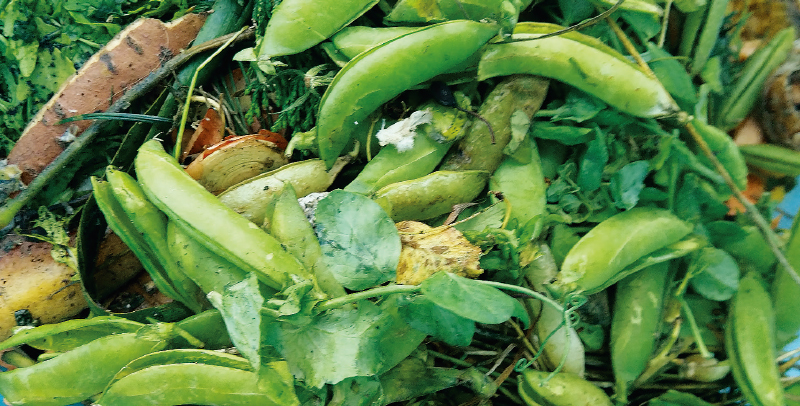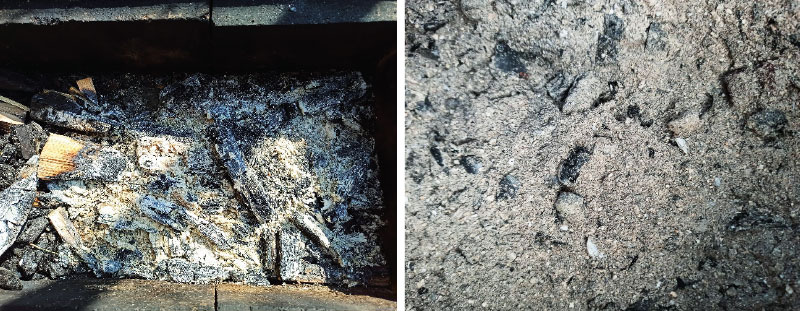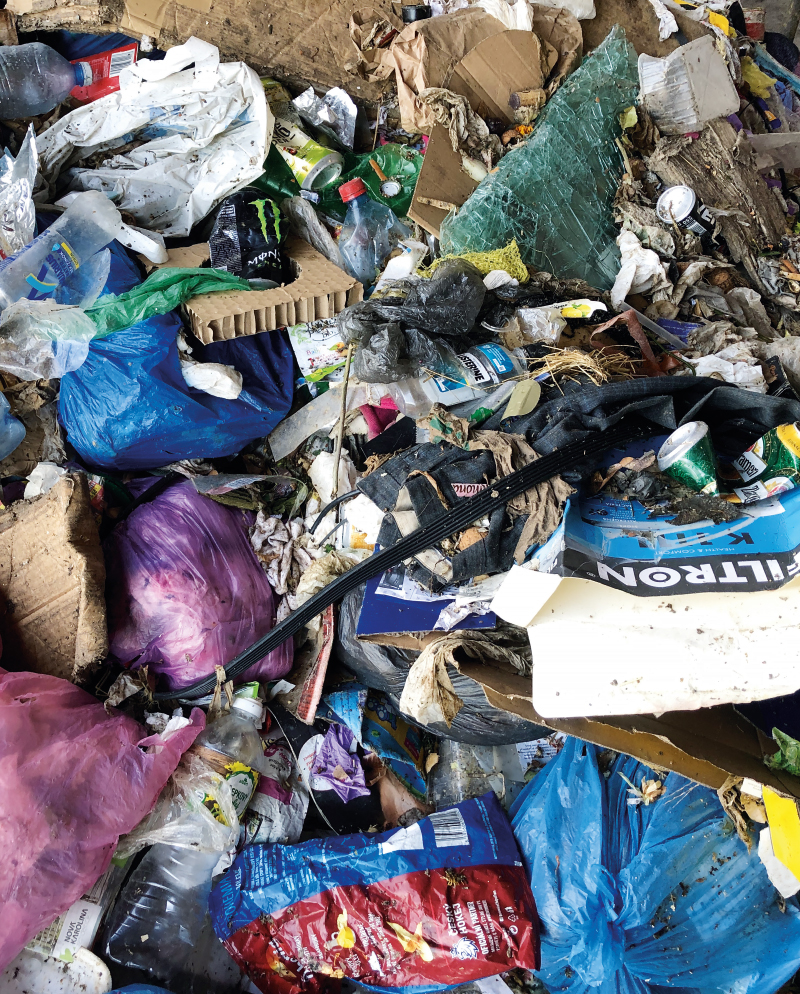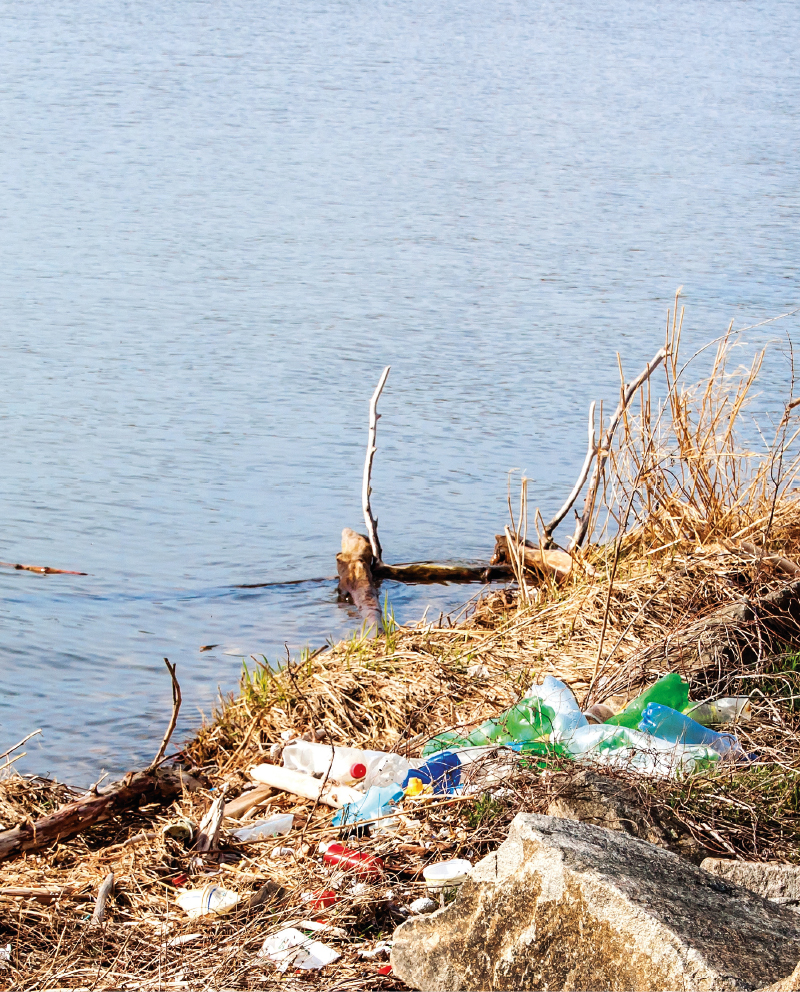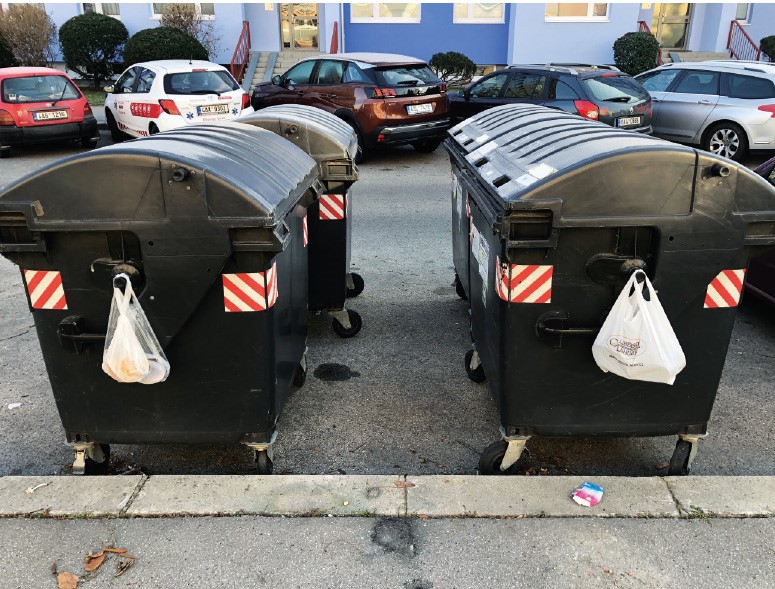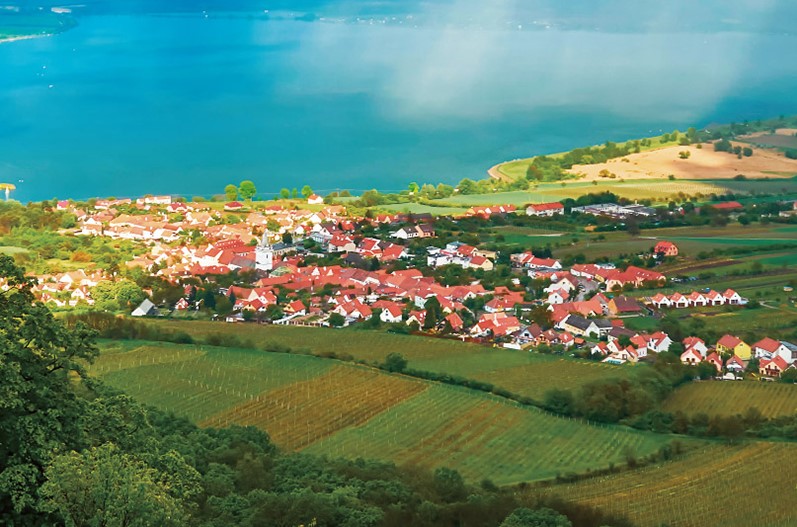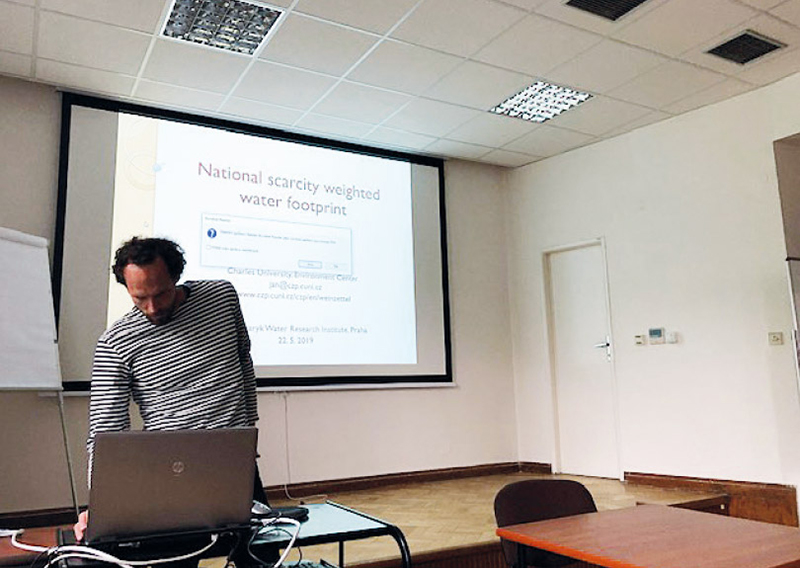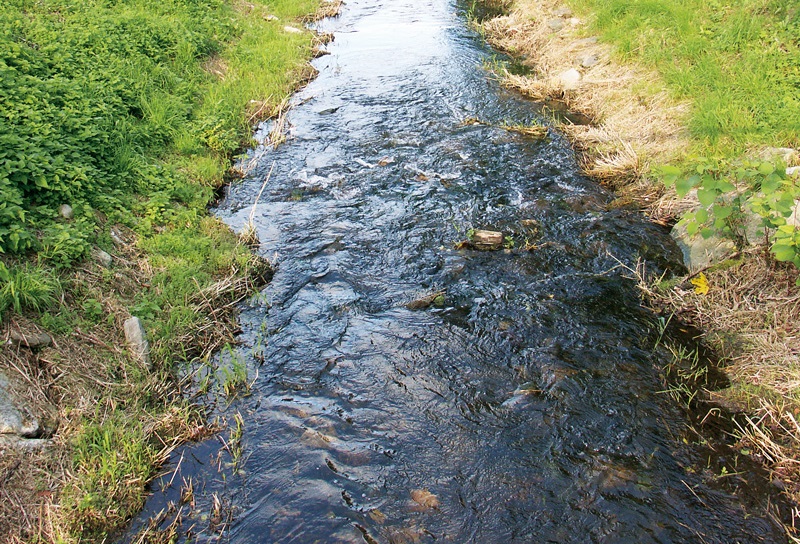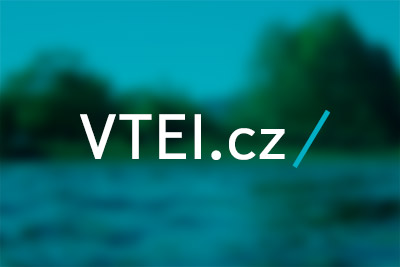Grey water footprint of malting barley production
Agriculture is the world’s main freshwater consumer; it also contributes to its contamination through fertilizers and pesticides. This article focuses on the grey water footprint (GWF) as an environmental indicator assessing the impact of agricultural production on water resources. The study analyses the GWF of malting barley production on an area of 9,674 ha in different regions of the Czech Republic. Special empha-sis is placed on including pesticides in the GWF calculation, as their impact on freshwater ecosystems and human health may exceed the impact of fertilizers. The analysis shows that insecticides have the highest GWF, especially deltamethrin, whose GWF is an order of magnitude higher than that of other agrochemicals. The study highlights the importance of including pesticides in future GWF assess-ments to better assess the environmental impacts of agricultural production and optimize sustainable water resource management strategies. At the same time, the study discusses different approaches to including biologically active substances in grey water footprint models.
Current research at TGM WRI on municipal biodegradable waste and food waste
Since 2021, research on selected issues related to the collection, sorting, processing, and reuse of selected types of biodegradable waste has been carried out at TGM WRI within the „Centre of Environmental Research: Waste management, circular economy and environmental security“ (CEVOOH), which was supported as part of the call of the Technology Agency of the Czech Republic „Environment for life“, Subprogramme 3 „Long-term environmental and climate perspectives“, for the period 2021–2026. The research follows on from a number of partial research projects and tasks, an overview of which can be found, for example, on the HEIS WRI website [1] under the Projects tab.
Methods of collection and management of biodegradable municipal waste in selected countries of the European Union and current results from moisture loss measurements
The ever-increasing amount of waste, including biological waste, is causing serious problems in modern society, such as the filling of municipal waste landfills, which subsequently produce greenhouse gases. For society to deal with this problem, the legislation of some member states of the European Union (EU), including the Czech Republic (CR), has introduced new obligations to support the prevention of waste generation and its increased recycling and reuse. In 2020, the European Commission released the Circular Economy Action Plan, which provides guidelines for many countries on renewables and waste. However, in some cases the current measures are not enough. A new law on waste was adopted in the Czech Republic, which specifies the obligation to sort biological waste for legal entities and natural persons who allow physical persons to dispose of municipal waste in their establishments.
This article brings the current interim results of research project SS02030008 “Centre of Environmental Research: Waste Management, Circu-lar Economy and Environmental Security (CEVOOH)”. It deals with a brief description of biodegradable municipal waste (BMW) collection in some EU countries and draws general conclusions from the facts found. It also deals with the current results of measuring the moisture loss of biological waste in order to fulfil the obligation of the Czech Republic to report the quantity of this waste in its “fresh” state.
Food waste issues in relation to the mandatory reporting of its production for the needs of the Waste Framework Directive
From this year, European Union member states are obliged to introduce preventive measures that will reduce the amount of food waste at all stages of the food chain. This article deals with this current topic, presents possible procedures for obtaining data on food waste production at various stages of the food chain, and shows the results of our own research and analysis about the usability of these data for reporting obligations and demonstrating future reductions.
Ash management in the circular economy of municipalities
Ash from small heat sources is produced by burning solid fuels such as wood and coal. Based on a survey conducted by the article authors, ash from small heat sources can be considered the most significant waste stream in smaller municipalities in the Czech Republic. This material has considerable potential for reducing waste production, landfilling and consumption of primary raw materials.
Municipal waste management in the light of new regulations
Modern municipal services in solid waste management usually include cleaning and cleaning of public spaces, collection, transport, recycling and disposal of generated waste. Solid waste management services are among the most expensive and complicated municipal work systems for the public. At the same time, it can also be the least awarded communal service. Water, electricity, firefighting and police protection meet the daily needs of residents and businesses fundamentally and immediately. Therefore these services are given a much higher priority by the community and its leadership. Waste management services are usually one of the most minor „fragrant“ public services, but their flawless functionality and efficiency have far-reaching implications.
Littering
This article is available in Czech only. For translation or more information on this topic, please contact author. Úvod Při nakládání s odpady a údržbě veřejných ploch zainteresované strany čelí problému výskytu litteringu. Littering je popisován jako ekologický, sociální a estetický problém, ale málokdy je zmiňován i jeho ekonomický dopad. Uvědomění si rozsahu jeho vlivu je prvním důležitým… Read more »
Monitoring of waste services for sorted components of municipal waste in the Capital City of Prague
Management každé obce, kraje, potažmo státu potřebuje ke svému rozhodování a plánování základní vstupní data, která dokladují aktuální skutečnost. Nejjednodušší způsob, kterým lze získat data o produkci odpadu a nakládání s ním, je monitoring v předem nastavených pravidelných intervalech.
Comparison of water footprint research in the Czech Republic and in the world – bibliometric analysis
Článek popisuje bibliometrickou analýzu českých článků o vodní stopě a srovnání se světem. V úvodní části článku je představena vodní stopa a její vývoj. Pro bibliometrickou analýzu byla pro české články použita data z databáze výsledků VaVaI (RIV).
Workshop on Water Footprint
Dne 22. května 2019 pořádal Výzkumný ústav vodohospodářský T. G. Masaryka, v. v. i., v pražském areálu workshop na téma Water Footprint. Odborným garantem byl Ing. Libor Ansorge, Ph.D. Workshopu se zúčastnilo devět tuzemských a zahraničních expertů zabývajících se problematikou posuzování vodní stopy (WF).
Ways of biowaste management in Prague and in selected major cities of the European Union
Bioodpad neboli odpad podléhající anaerobnímu nebo aerobnímu rozkladu se díky způsobu využívání zelených ploch zejména ve velkých městech s velkou hustotou osídlení stal problematickou složkou komunálního odpadu.
Workshop “Water Footprint”
Dne 22. května 2019 Výzkumný ústav vodohospodářský T. G. Masaryka, v. v. i., v pražském areálu pořádal workshop tuzemských a zahraničních expertů zabývajících se problematikou posuzování vodní stopy (WF).
Drain or re-use?
Now is the time when even in the Czech Republic we have to save water. In our households do not use it for flushing toilets, used water reuse for irrigation, etc.
WRI, p. r. i. – Co-organizer and participant of the conference Analytics waste
In the Water Research Institute of T. G. Masaryk, p. r. i., specialized institutions operates in the field of waste management – Centre for Waste Management (CeHO). Since 2001, CeHO contributes significantly to the provision of professional support Waste Management Department of the Ministry of the Environment.



